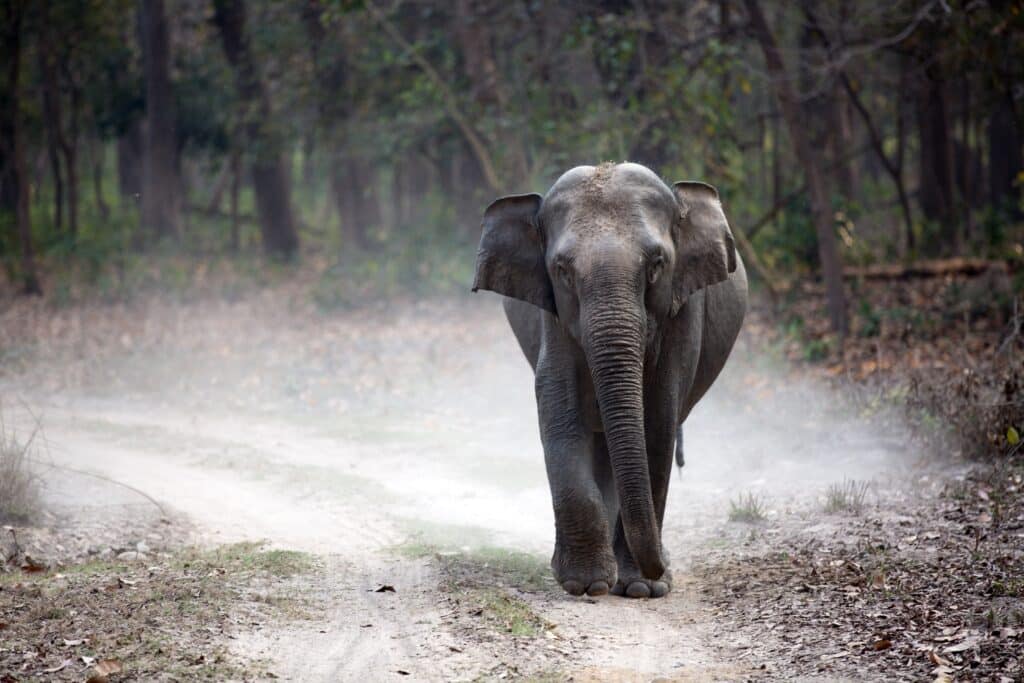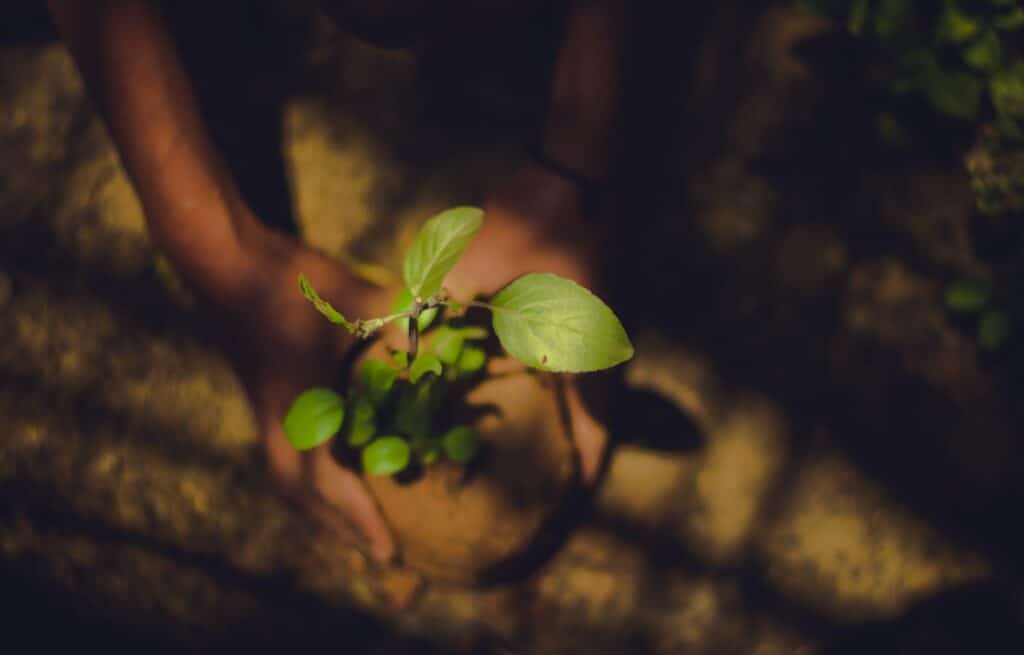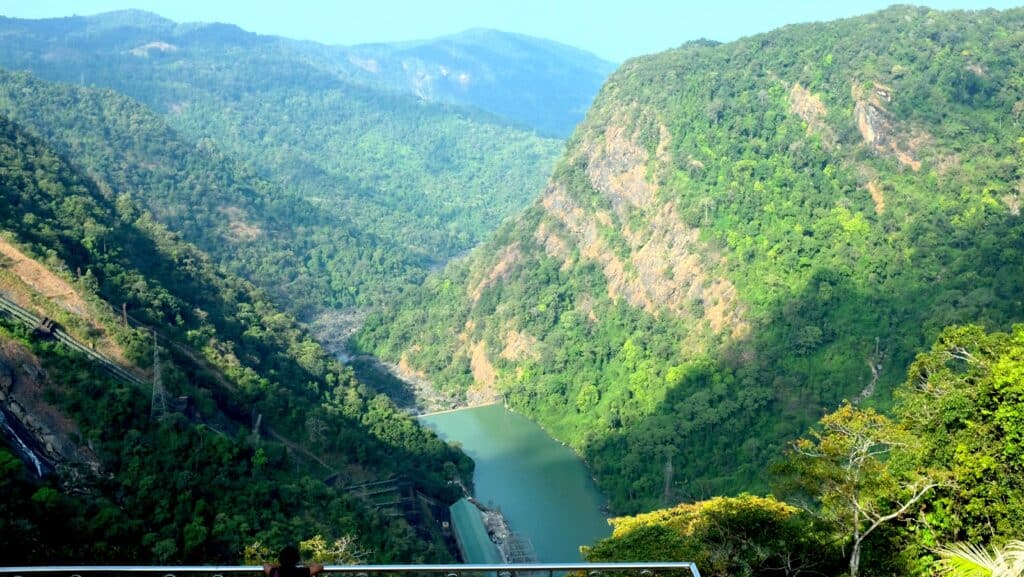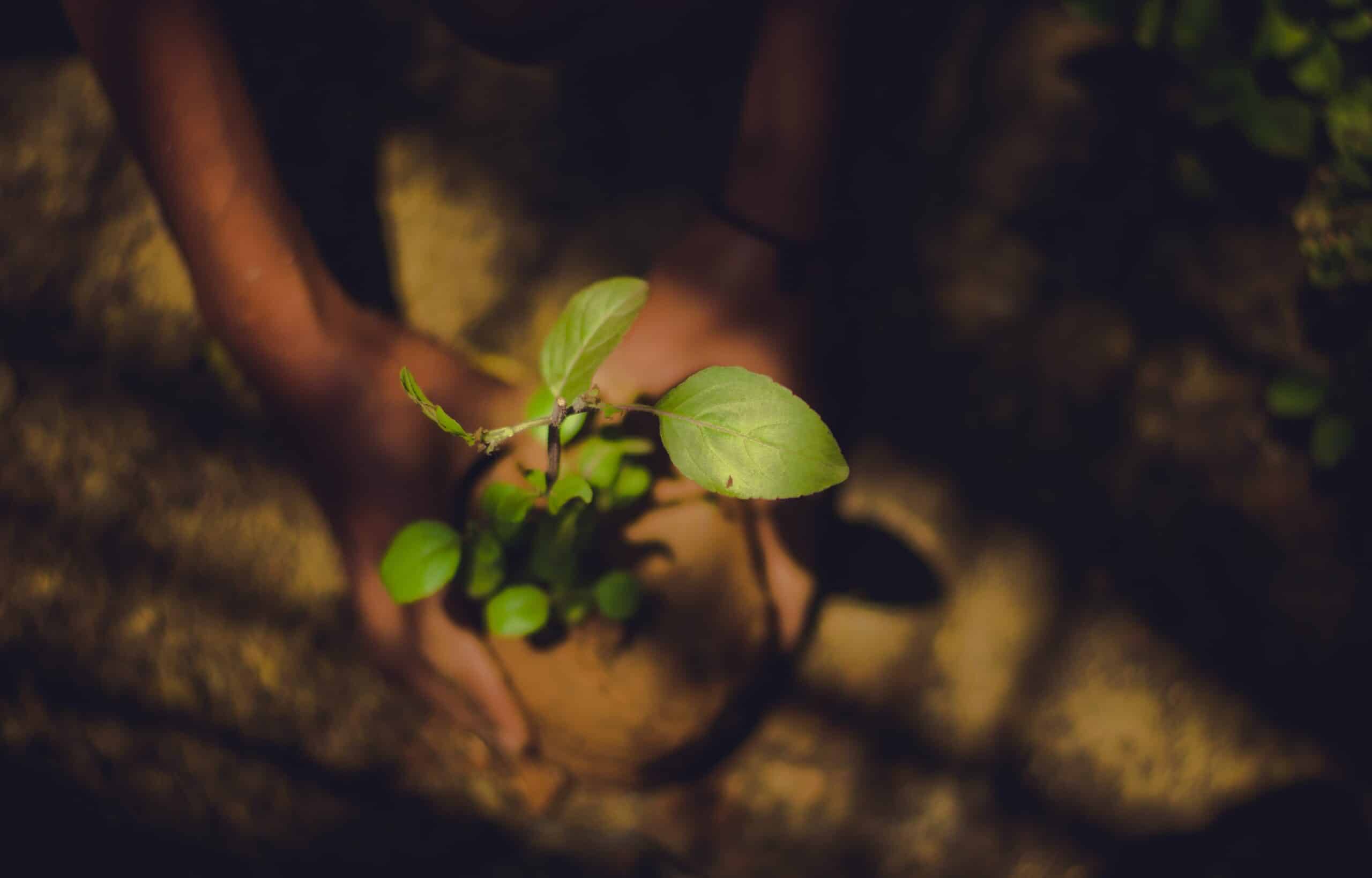Think Wildlife Foundation is an initiative started by a few university students in 2020 in the midst of the frustratingly suffocating first wave of COVID-19. Being confined in our houses, and hearing about the relentless destruction of wildlife, we were restless to contribute to wildlife conservation. However, the pandemic had prevented us from starting any on ground project of significance.
We looked at ways to help remotely, and that’s how we came up with the idea of our e-commerce store. Originally, we started this initiative to help raise funds for wildlife conservation through the profits from our profits.
Our first aim was to help Wildlife SoS, a wonderful organization rescuing dancing bears and temple elephants from the cusps of captivity. These animals have undergone a lifetime of torture. Currently, India has about 4,000 elephants in captivity, suffering from tuberculosis, fractures, malnutrition, mental trauma amongst other illnesses due to the harsh treatment they are exposed to.There are numerous wildlife groups around India working hard to provide a better future for these unfortunate animals. This led us to our first campaign – Caring for Pari.
Pari was a begging elephant, living a chaotic life of physical and mental torture. In 2021, Wildlife SoS, upon hearing about her plight, set out on an ambitious project to rescue her. Fortunately, the project was a success and Pari is recovering at the Wildlife SoS Elephant Hospital. So far, we have donated about 20,000 rupees through an online fundraiser and the profits of our ecommerce platform to support the rehabilitation of the elephant Pari at the Wildlife SoS centre. You can contribute to the cause by either donating directly on our online fundraiser or by buying our merchandise (only for people in India). We will be donating 25% of our profits to support Pari (the remainder of the profits will be used for upcoming projects and collaborations, which will be announced in due course).

An Indian elephant walking down a road. Photo by Gautam Arora on Unsplash.
Beyond this, we have been doing a fair bit of outreach work, particularly about the illegal wildlife trade, responsible wildlife tourism and ecological restoration. This is through our weekly blog, where we aim to analyze and summarize various conservation science and projects in a manner which the general man can understand and be inspired.
On a similar note, we hosted a webinar for Conservation Optimism on the trends of wildlife cybercrime and how you can help counter it.
Furthermore, we are doing a significant amount of research in the field and hope to publish are findings in a routed scientific journal. This includes trends in wildlife crime online and legal enforcement of the same. Another study we are working on is a literature review of the ethological uses of fauna species across India.
Another outreach program we are doing is our podcast series where we interview various leading conservationists about their work, again with our target audience being those not involved with wildlife. We are currently recording episodes (around 15 done) and have some notable scientists involved. If you want to be a part of an episode, do contact us here!
We are also launching an ambitious “Student for Trees” campaign. We aim to plant a million native trees in 10 years across the world in collaborations with youth groups, universities and schools. The aim of this is to help counter the biodiversity and climate crisis. Rather than the ineffective mass planting which has become popular in recent years, we hope to optimize this project by focusing on native species and supporting the creation of microhabitats for the local fauna. This project is a part of our long-term vision for ecological restoration, particularly in urban landscapes. If you are a student, or a member of student, youth or educational institution and wish to partner with us, do not hesitate to leave us a message.

Students participating in a planting exercise. Photo by Kasturi Laxmi Mohit on Unsplash.
Recently, we have been contacted by various conservation biologists, who alongside their research, have started community based conservation enterprise, from producing furniture made from Latana Camara, to wild bee keeping. Marketing and upscaling was a common issue across projects. For this reason, we at TWF have decided that we want to become a marketplace for all these conservation enterprise projects, which amazingly use conservation to improve livelihoods and the economic stability of indigenous communities.
To conclude, TWF is definitely a young team. However, out passion for wildlife conservation outweighs our inexperience. My long-term vision for the NGO is highly ambitious. Not only do I hope we become pioneers in conservation research but also work extensively in ecosystem revival, particularly in vulnerable regions, such as the Western Ghats, eastern Himalayas and the Indian coastline.
As we embark on exciting endeavors, we are looking to extensively extend our team, to particularly support us with outreach. So do apply if you would like to contribute! Unfortunately, these are unpaid roles. This is consistent with our ethos of TWF being primarily for wildlife conservation. Currently, the entire TWF team is working on a voluntary basis.

A stunning view of the Western Ghats. Photo by Naveen S on Unsplash.


